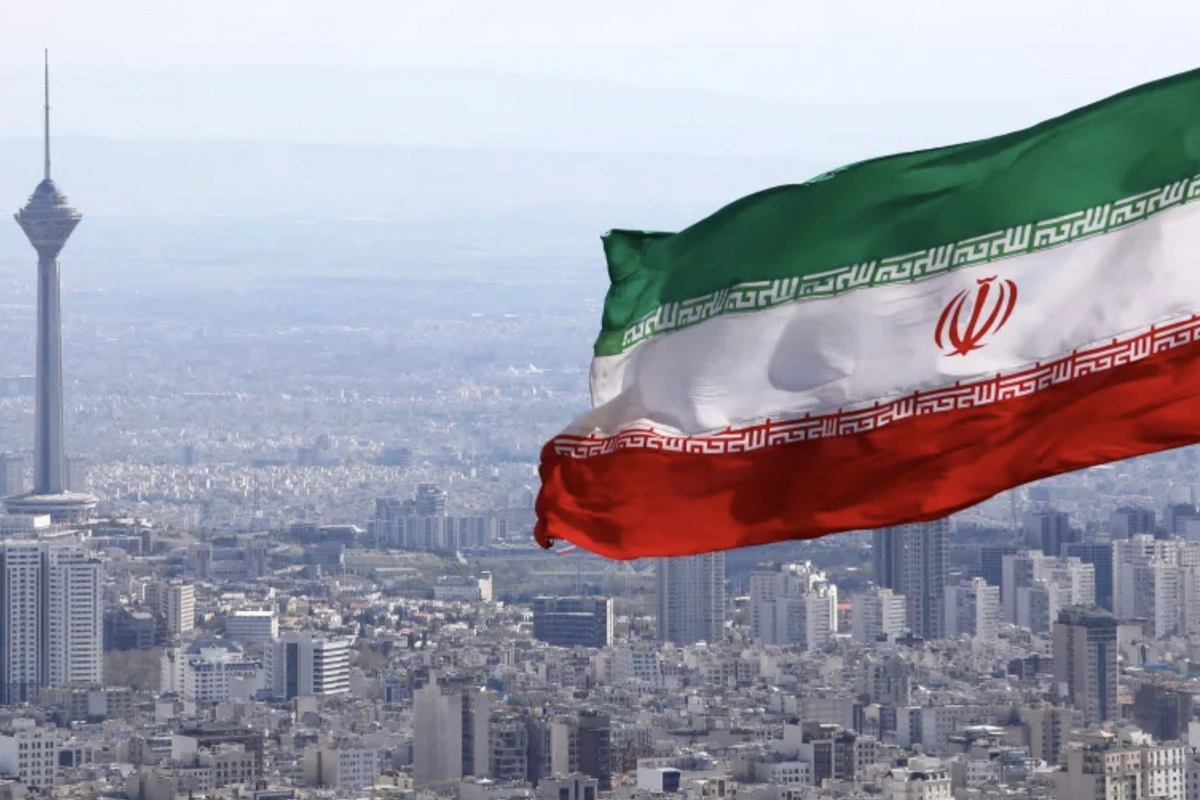
The proposal by Iranian Vice President Mohammad Javad Zarif to create a new regional platform called the Muslim West Asian Dialogue Association (MWADA) deserves close scrutiny. Framed as an initiative to promote stability in the Middle East and strengthen cooperation among regional countries, the true objectives and implications of this proposal reveal deeper strategic motivations by Tehran.
Iran’s Underlying Motives
At its core, the MWADA initiative seems to be less about fostering regional unity and more about addressing Iran’s waning influence in the Middle East. Years of economic mismanagement, international sanctions, and an overemphasis on military ambitions have eroded Iran’s standing. The regime has poured billions into developing its nuclear and missile programs and financing proxy organizations, often at the expense of its own population’s welfare. Despite its claims of peaceful intentions, Iran’s nuclear program and support for militant groups like Hamas, Hezbollah, the Houthis in Yemen, and militias in Iraq and Syria have destabilized the region for decades.
Iran’s long-standing strategy has been to encircle Israel through these proxies, creating a network of armed groups that threaten Israel from multiple fronts. This strategy, however, is unraveling. Israel has systematically dismantled these threats, dealing significant blows to Hamas in Gaza, crippling Hezbollah’s rocket arsenal in Lebanon, and undermining Iranian proxies in Syria and Iraq. Even the Houthis, who continue sporadic attacks on Israel, face relentless countermeasures from the Israeli military. Tehran’s grand vision of regional dominance through proxy warfare is faltering.
A Faltering Regime
Iran’s current predicament is dire. The nation faces severe economic challenges and internal discontent, exacerbated by its military setbacks. Tehran’s recent attempts to directly confront Israel with ballistic and cruise missiles have been thwarted by Israel’s advanced air defense systems. The Iranian regime underestimated the consequences of these attacks and has suffered devastating retaliatory strikes. Israel’s response has effectively neutralized much of Iran’s air defense infrastructure, leaving the country vulnerable to further strikes.
These developments underscore Iran’s precarious position. The once-feared Iranian military machine is now exposed, and the regime’s proxies are either weakened or retreating. Even Iran’s allies in Iraq have distanced themselves, signaling a growing recognition of the futility of confronting Israel.
Internally, Iran faces growing unrest. The population is increasingly disillusioned with the regime, as economic hardships worsen and promises of prosperity through nuclear advancements remain unfulfilled. Protests, strikes, and civil disobedience are becoming more common, adding to the pressures on the government. While Tehran’s leadership seeks to project strength internationally, its internal vulnerabilities are glaring.
The Real Agenda Behind MWADA
Given this context, the MWADA proposal appears to be an attempt by Tehran to reassert itself on the regional stage. By positioning itself as a champion of dialogue and stability, Iran hopes to regain credibility and influence. However, the list of potential participants in MWADA includes countries that have been victims of Iran’s aggression or remain deeply distrustful of Tehran. This fundamental contradiction raises questions about the sincerity of the initiative.
Moreover, Iran’s proposal comes at a time when Turkey’s regional influence is growing. Recent developments in Syria and elsewhere have bolstered Ankara’s position, creating additional challenges for Tehran. The MWADA initiative could be seen as a countermeasure to curb Turkey’s rising clout and protect Iran’s residual influence.
In addition, the timing of this initiative may also be a response to the Abraham Accords and the growing normalization between Israel and Arab states. By proposing MWADA, Iran might aim to create an alternative platform to counterbalance these agreements. However, Iran’s history of supporting militancy and its adversarial stance toward many regional nations complicate its ability to position itself as a unifying force.
Pathways to Genuine Stability
If Iran genuinely seeks to contribute to regional stability, it must address its long-standing policies that have fueled conflict and mistrust. This includes halting support for terrorist organizations, abandoning its nuclear weapons ambitions, and ceasing the use of proxies to destabilize neighboring countries. Only then can Tehran play a constructive role in fostering peace in the Middle East.
True stability in the Muslim world will only be achievable through the dismantling of all terrorist groups and the formation of genuine alliances that prioritize mutual respect and cooperation. The recent normalization agreements between Israel and several Arab nations offer a glimpse of this potential. By expanding these partnerships and fostering closer ties among nations, the region can move toward a future of peace and prosperity.
Furthermore, economic cooperation and development must take precedence over military posturing. Nations in the region should prioritize investments in education, healthcare, and infrastructure to address the root causes of instability. Initiatives like MWADA should focus on these areas if they are to have any meaningful impact.
While the MWADA initiative may appear as a positive step on the surface, it is essential to recognize its underlying motives. Iran’s leadership is using the guise of dialogue to shore up its diminishing influence and counterbalance regional rivals. For the Middle East to achieve lasting stability, Tehran must first confront its own role in perpetuating conflict. Until then, initiatives like MWADA will remain hollow gestures, masking a deeper agenda of preserving Iran’s embattled regime.
The broader Middle East stands at a crossroads. Genuine progress will require nations to move beyond short-term power struggles and embrace a vision of shared prosperity and peace. While Tehran’s proposal is unlikely to achieve this on its own, it highlights the urgent need for regional dialogue-but one rooted in trust, transparency, and genuine cooperation. Only then can the aspirations of stability and unity become a reality.
Share on social media